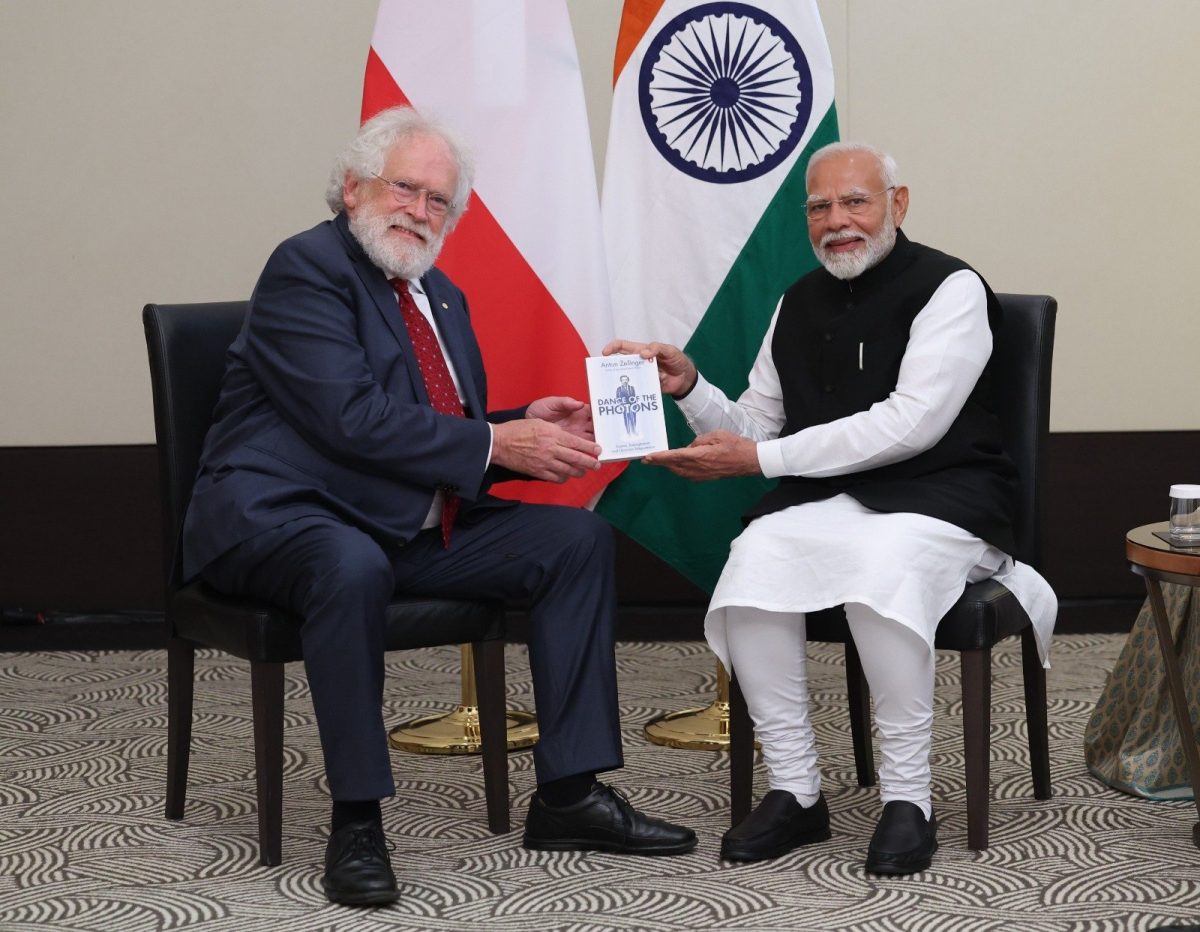The U.S. and other Western nations have worked for decades on technology that could make nuclear fusion possible and commercially viable.
China is looking to get a foot between the door in nuclear fusion research.
China's government support for nuclear fusion research is nearly double that of the U.S.
Nuclear fusion research and development has gained momentum in recent years after several momentous breakthroughs and achievements.
The global race to overcome the engineering challenges to achieving zero-emission power from a nuclear reaction without risking disaster and radiation has heated up. The U.S. and other Western nations have worked for decades on technology that could make nuclear fusion possible and commercially viable. Now China is looking to take a lead in the race, and it is leading in at least one area—government spending on research and development.
China is spending about $1.5 billion annually for fusion research. That’s nearly twice as much as this year’s budget for nuclear fusion of the U.S. government, JP Allain, head of the U.S. Energy Department’s Office of Fusion Energy Sciences, has told The Wall Street Journal.
China also appears to stick to a research program that is similar to a U.S. scientific and engineering road map from 2020.
“That’s very frustrating, as you can imagine,” Allain told the Journal.
Although nuclear fusion has been long recognized as totally carbon- and by-product-free and the source atoms in hydrogen are abundant on Earth, replicating the Sun's natural processes of fusion energy generation on Earth has been a challenge for decades.
Fusion is the natural process that heats the Sun and all other stars, in which a huge amount of energy is produced by the fusion of light atoms, such as those in hydrogen, into heavier elements like helium.
Nuclear fusion has long been considered the answer to zero-emission by-product-free energy generation. However, no one has cracked the nuclear fusion code yet because of the challenges associated with the environment in which the process could take place.
Recent breakthroughs in the U.S. have encouraged more R&D efforts in America and elsewhere, including in China.
At the end of 2022, Lawrence Livermore National Laboratory made history, demonstrating fusion ignition for the first time in a laboratory setting—an achievement six decades in the making. The fusion energy released was greater than the laser energy delivered to start the reaction, passing the threshold of ignition.
LLNL’s National Ignition Facility (NIF) has so far achieved ignition four times since 2022, giving hope to scientists that fusion for energy may not be only a pipe dream as it has been for decades.
LLNL uses lasers to create fusion reactions, which is another approach to fusion. The more widespread technology to achieve fusion ignition is the so-called tokamak – a machine that confines a plasma using magnetic fields. According to DOE, fusion energy scientists believe that tokamaks are the leading plasma confinement concept for future fusion power plants.
Months before LLNL achieved first ignition, the U.S. Administration launched in 2022 the U.S. Bold Decadal Vision for Commercial Fusion Energy to accelerate the viability of commercial fusion energy.
But China is catching up on the race for fusion technology.
It is building a Comprehensive Research Facility for Fusion Technology (CRAFT) in Hefei—a project in which key components for fusion energy reactors are developed and tested. The facility is expected to be finished in 2025.
Last month, Chinese firm Energy Singularity said that the world’s first fully high-temperature superconducting Tokamak device, which it has developed and constructed, had successfully achieved first plasma.
China also has a national fusion consortium in which some of its biggest industrial firms collaborate on fusion technology.
The U.S. has several large private fusion companies, including Commonwealth Fusion Systems (CFS), which has just signed an agreement with the U.S. Department of Energy worth $15 million to meet research and development goals leading to commercial fusion power.
The incentives in the U.S. Administration’s Milestone program to support fusion energy “can help us keep moving step by step toward our goal of building our first fusion power plant by the early 2030s,” CFS chief executive and co-founder Bob Mumgaard said last month.
China has made leaps in its fusion efforts, after decades of “almost nothing” in the field, Dennis Whyte, a professor of engineering at MIT, who has sat on Chinese fusion advisory committees, told the Journal.
“Don’t underestimate their capabilities about coming up to speed,” Whyte said.
By Tsvetana Paraskova for Oilprice.com












